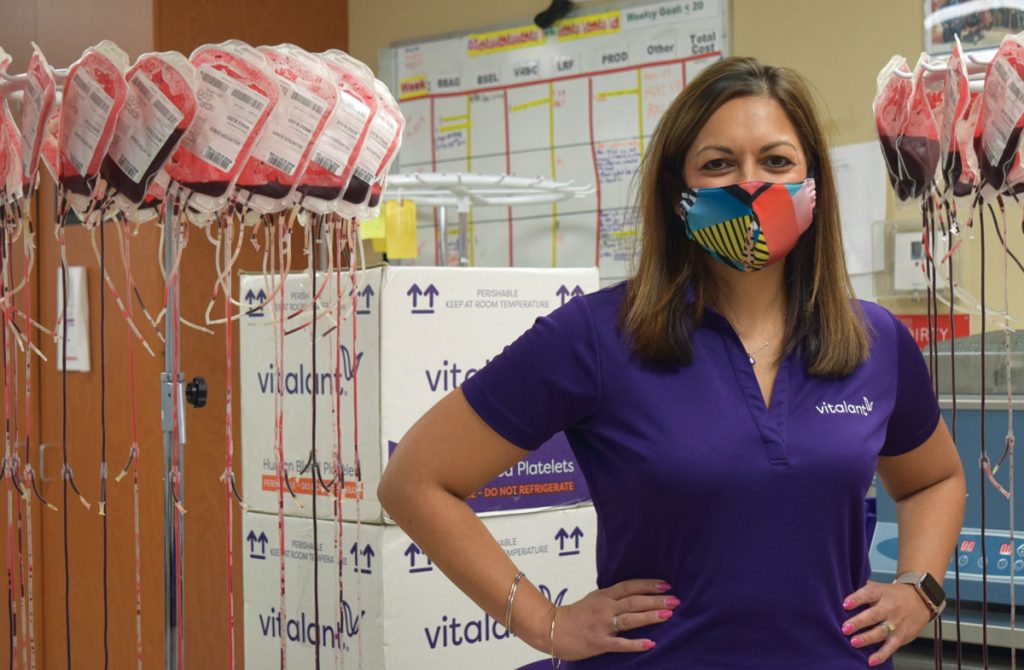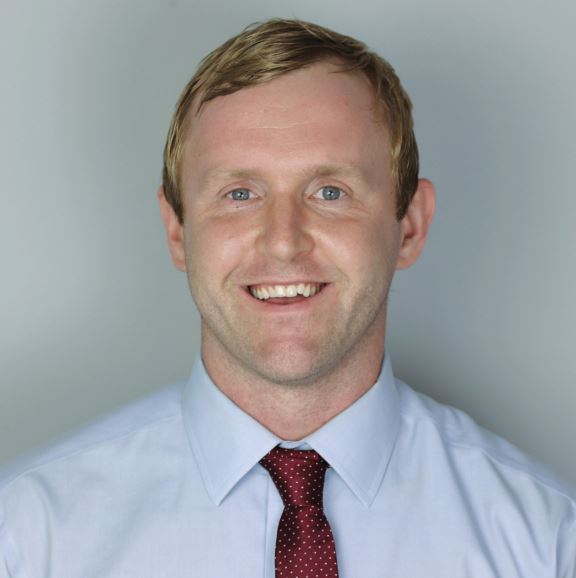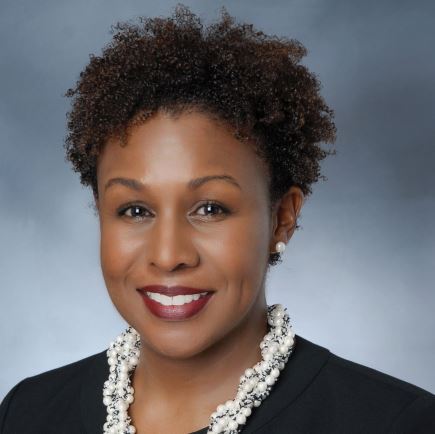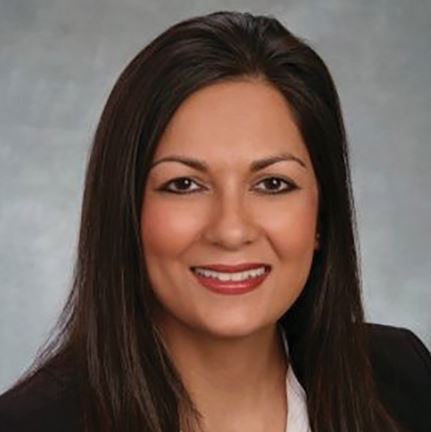Alumni step up to minimize the spread of COVID-19

University of Kansas School of Law alumni are navigating public health policy in their workplaces to help minimize the spread of the COVID-19 pandemic and direct their teams toward new solutions.
Alumni stepped up during a time of rapid change and uncertainty to tackle challenges that their communities faced. Jayhawks advised government entities on legal principles and evaluated the impact of legislation on public health outcomes. Alumni have also provided rapid response to public health needs and taken protective measures to maintain workplace operations safely.
“As COVID-19 continues to challenge our nation’s health care and public health systems, there is a critical need for attorneys who are familiar with the legal considerations underlying federal, state and local disease control practices,” said Ryan Cramer, L’10.

Cramer is a health policy analyst at the Centers for Disease Control and Prevention (CDC) in Atlanta. From April to June, Cramer served on the CDC’s Community Intervention Task Force (CITF). The CITF provides guidance and technical assistance to communities as well as state and local governments regarding COVID-19 mitigation measures in community settings.
Through his role with CITF, Cramer responded to inquiries from legislators regarding the CDC’s response; managed intergovernmental partnerships; and led a team that collected and analyzed state laws regarding mitigation measures to evaluate their impact on COVID-19 prevention efforts.
“I have been lucky enough to have the opportunity to work on the CDC’s COVID-19 response in a number of roles that correspond with the priorities of state and local governments as they respond to the pandemic,” Cramer said.
Cramer is also the Deputy Lead of the CDC’s Contact Tracing Program Support Team. He joined the team to help meet the demand for law-related technical assistance that is being asked of the CDC’s response to COVID-19, he said. Cramer’s work with the CDC Division of Sexually Transmitted Disease Prevention gave him a background in the key principles of contact tracing.
Analyzing legislation to support health care workers

Trinia Cain, L’09, also provides technical assistance on drafting public health legislation. Cain utilizes her legal background to examine and analyze legislation that effects the health workforce.
She is a senior legislative analyst at the Health Resources and Services Administration, which is an agency of the U.S. Department of Health and Human Services (HHS) in North Bethesda, Maryland.
Previously, Cain was a fellow in the Robert Wood Johnson Foundation’s Health Policy Program from 2018-2019. The program is one of the nation’s most prestigious learning experiences at the nexus of health, science and policy.
Cain is also a commissioned corps officer in the U.S. Public Health Service (USPHS). Since February, Cain has been deployed twice to help respond to the pandemic. Cain was deployed to the HHS Secretary’s Operations Center in Washington, D.C., where she managed information requests related to COVID-19 to local, state, federal, national and international governments.
“Our job was to make sure that the public got the best information that we had at the time,” Cain said.
When the Coronavirus Aid, Relief, and Economic Security (CARES) Act was signed into law in March, the USPHS began to re-establish and mobilize a Ready Reserve Corps. The Ready Reserve Corps will accept applications this fall and commission its first officers in spring 2021.
During her second deployment, Cain assessed and drafted policies that were instrumental in preparing and training the Ready Reserve Corps for domestic and global response efforts.
“It has been a really big undertaking to build a component of uniformed service from the ground up,” Cain said. “My part was making sure that all of the policies that we needed were in place in order to get people who were fit for service in the door, ready to serve and ready to start training. That was really exciting.”
Making decisions about life-saving treatments

During the pandemic, Bhavi Shah has joined response efforts. Shah, L’00, serves as executive vice president, general counsel and chief legal officer at Vitalant, the largest independent national blood service provider which is headquartered in Scottsdale, Arizona.
Shah provides oversight for legal, risk management and corporate compliance for four operations: Vitalant, Vitalant Research Institute, Creative Testing Solutions and BioCare. In her various roles, Shah navigates the best ways to protect the workforce, develop life-saving treatments, follow government restrictions and recruit volunteers to donate blood.
Shah said Vitalant quickly established efforts to collect a life-saving investigational treatment known as COVID-19 convalescent plasma. The first unit was distributed on April 8.
“People who have recovered from COVID-19 typically develop SARS-CoV-2 antibodies and their plasma can be safely transfused into severely affected COVID patients as part of an FDA-approved investigational treatment, which has shown tremendous promise to reduce symptom severity and mortality rates,” Shah explained.
Vitalant’s joint venture Creative Testing Solutions also initiated SARS-CoV-2 antibody testing, which has helped the industry identify additional donors of this promising treatment.
Shah has been a critical and strategic voice in informing daily operational decisions at Vitalant to continue to provide life-transforming blood products while maintaining donor and staff safety.
“While the work demands have been extraordinary during the pandemic, I am extremely proud to work for organizations actively involved in the fight against COVID-19,” Shah said.
— By Ashley Golledge
This story originally appeared in the fall 2020 issue of the KU Law magazine.